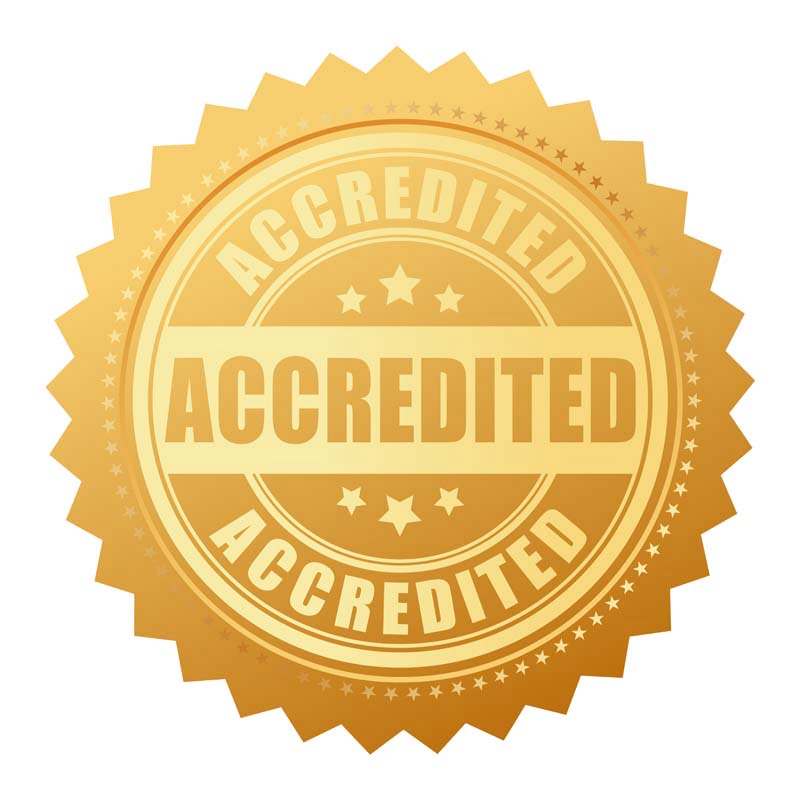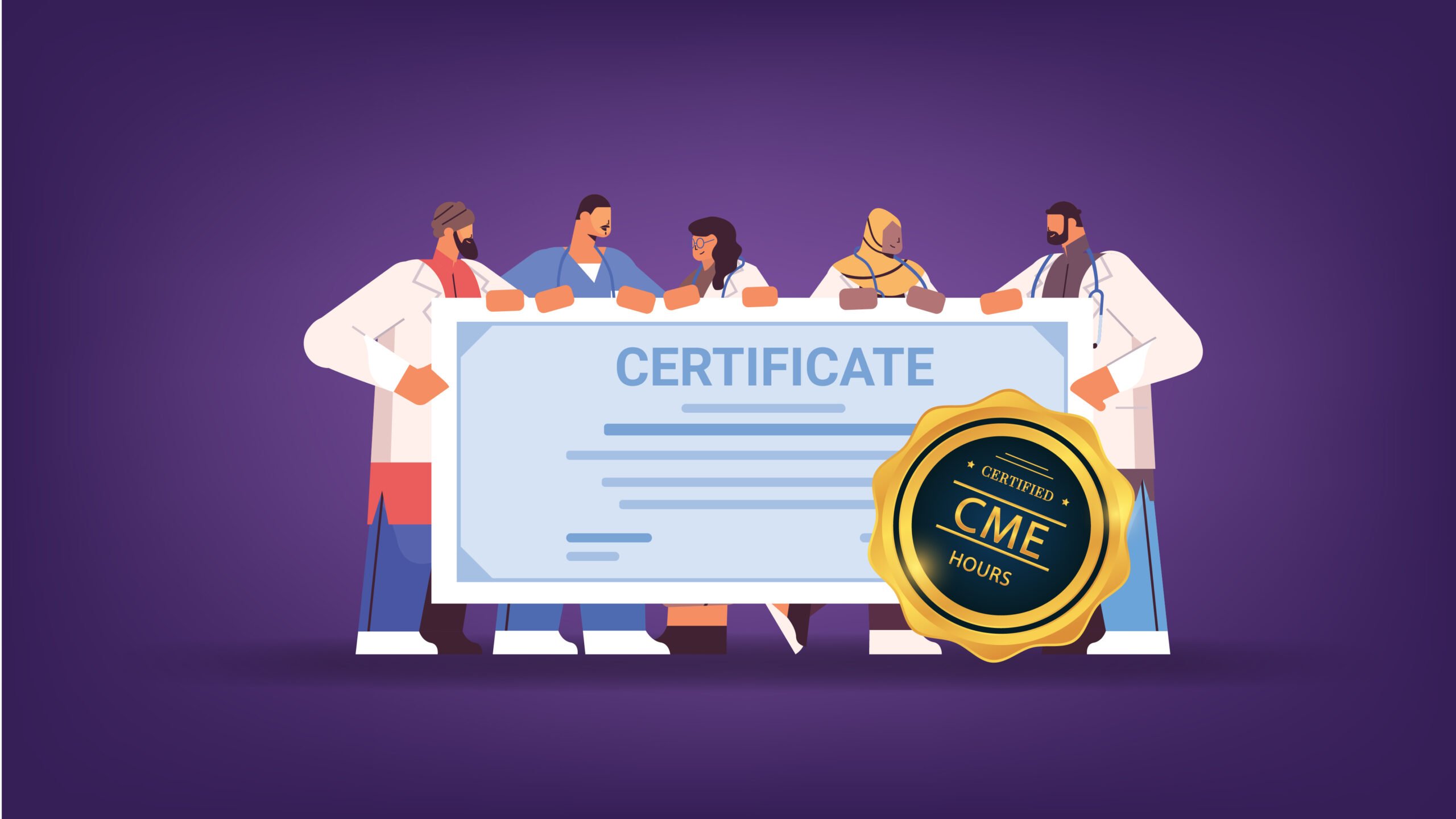In 2020, approximately 1,680 accredited CME providers offered more than 170,000 educational activities, comprising more than 1 million hours of instruction and over 45 million interactions with healthcare professionals. Today, we’re going to dive into the importance of Continuing Medical Education (CME) accreditation for medical events. Buckle up, because we’re about to explore how this crucial accreditation can elevate your events to new heights and benefit both your organization and the HCPs you serve.
The Value of CME Accreditation
Picture this: You’re organizing a medical event that promises to deliver cutting-edge knowledge, foster professional growth, and facilitate networking opportunities. But how do you ensure that your event stands out from the crowd and holds substantial credibility? This is where CME accreditation comes into play.
Elevating Credibility and Trust
CME accreditation instantly adds credibility and trustworthiness to your event. HCPs prioritize accredited events as they know these gatherings meet the highest educational standards. By obtaining accreditation, you reassure attendees that your event adheres to strict guidelines and delivers evidence-based content. This credibility can enhance your organization’s reputation and establish it as a thought leader in the industry.
Facilitating Continuous Learning
In the ever-evolving field of medicine, it’s essential for healthcare professionals to stay up-to-date with the latest advancements. CME-accredited events provide a platform for continuous learning, allowing attendees to expand their knowledge, hone their skills, and discover emerging trends. By hosting accredited events, you empower medical professionals to embrace lifelong learning and ultimately improve patient care.
Enhancing Professional Development
CME-accredited events offer a wide array of educational opportunities, including workshops, seminars, and interactive sessions. These activities foster professional development, enabling attendees to acquire new skills, exchange ideas, and engage in multidisciplinary collaborations. Such events empower healthcare professionals to enhance their competencies, advance their careers, and ultimately become leaders in their respective fields.
Meeting Regulatory Requirements
Accreditation isn’t just about elevating your event’s credibility; it also ensures compliance with regulatory bodies. Many countries and healthcare organizations require their members to earn a certain number of CME credits annually. By obtaining accreditation, you provide healthcare professionals with the opportunity to fulfill these mandatory requirements while participating in a high-quality educational event.
Opening Doors for Industry Collaboration
CME-accredited events attract a diverse range of attendees, including renowned experts, researchers, and industry leaders. Such events create a fertile ground for networking, collaboration, and partnership opportunities. By connecting medical professionals with industry representatives, accredited events foster knowledge exchange, bridge the gap between academia and industry, and even pave the way for potential research collaborations or clinical trials.
Accreditation Process
CME accreditation is a rigorous process that ensures educational activities meet specific quality standards. Accrediting bodies, such as the Accreditation Council for Continuing Medical Education (ACCME) and international counterparts, evaluate and approve educational programs based on established criteria.
Accreditation begins with the provider’s application, where they outline the educational goals, objectives, and content. The accrediting body reviews these materials to determine if the program meets the necessary standards. If approved, the provider can offer CME credits to attendees who successfully complete the activity.

Organizations that can apply for Accreditation
The AACME considers the following types of organizations for accreditation:
- Medical education companies
- Consortium/ Alliance
- Pharmaceutical/Biotechnology Company
- Voluntary Health Association
- Insurance Company/Managed Health Care
- Medical communication companies,
- Education Companies
- Physician Member Organization (Specialty Based)
- Physician Member Organization (Non-Specialty)
- Government or Military
- Medical Association / Society
- Hospitals
- Medical and health sciences schools
- Allied healthcare schools
- Not-for-profit medical foundations
- Medical publishing companies
- Single & multi-specialty group practices
- Healthcare delivery systems
- Specialty medical societies
- Voluntary healthcare association
Read More: https://www.accme.org/accreditation-rules

Conclusion
CME accreditation isn’t just a badge of honor for your events; it’s a gateway to unlocking success, credibility, and growth. By investing in accreditation, you not only position your organization as a trusted leader but also contribute to the professional development of healthcare providers. Through CME-accredited events, you enable attendees to stay at the forefront of medical advancements, build valuable connections, and ultimately improve patient care.
Happy event planning and here’s to a future of transformative medical gatherings!
Want to get a CME accreditation for your next event?



